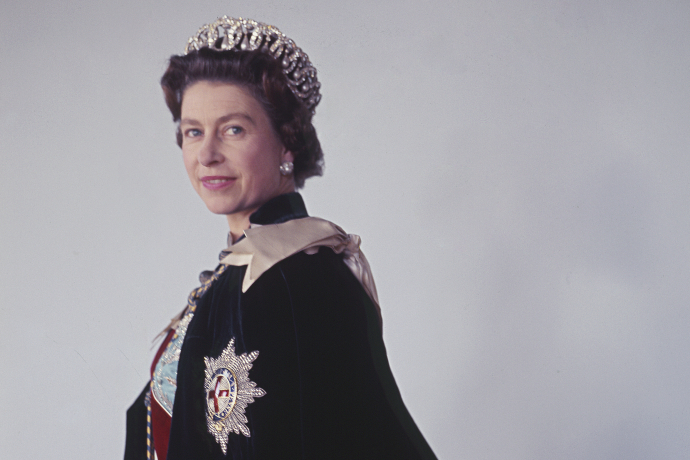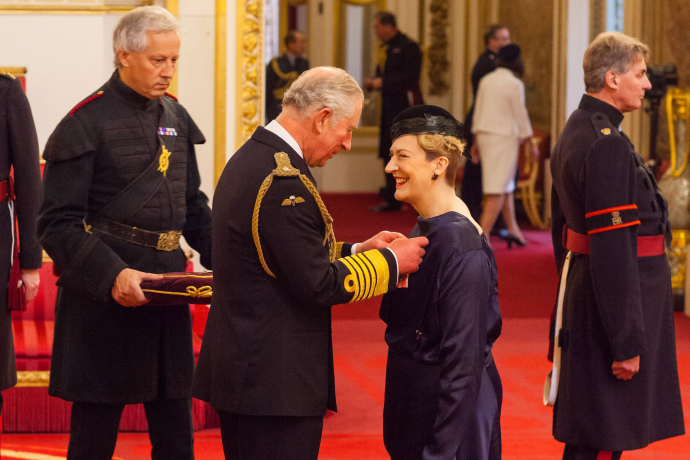The King's Gold Medal for Poetry 2023
Published
The King has approved the award of His Majesty’s Gold Medal for Poetry for the year 2023 to Mimi Khalvati. The Gold Medal for Poetry was established by King George V in 1933 and is awarded for excellence in poetry. Each year’s recipient is from the United Kingdom or a Commonwealth Realm.
The King has approved the award of His Majesty’s Gold Medal for Poetry for the year 2023 to Mimi Khalvati.
The Gold Medal for Poetry was established by King George V in 1933 and is awarded for excellence in poetry. Each year’s recipient is from the United Kingdom or a Commonwealth Realm.
The Poetry Medal Committee, chaired by the Poet Laureate Simon Armitage, recommended Mimi Khalvati as the recipient of the Medal for 2023 due to her outstanding talent and ability to draw on diverse cultural traditions – Iranian, English and American – to enrich British poetry. This is seen in her book In White Ink which features memorable poems like ‘Rubaiyat’, a commemorative poem written for her grandmother, Telajune, who lived and died in Tehran, and intertwines Khalvati’s reflections on modern-day London.
Mimi Khalvati’s initial publication Persian Miniatures (1990) was a joint winner of the Poetry Business prize and In White Ink (1991)revealed her outstanding talent and highly individual voice. Since then, Khalvati has published nine thematically and formally varied collections of poetry. Many have won accolades from the Poetry Book Society with The Meanest Flower shortlisted for the 2007 T.S. Eliot Prize. Mimi Khalvati also has a Cholmondeley Award and is a Fellow of the Royal Society of Literature.
On receiving the award, Mimi Khalvati said:
“When I first received news of my award, I felt amazed, incredulous, thrilled and not a little terrified. But more than that, I just felt happy. To receive such an affirmation of my work and to be numbered among the wonderful poets who have been previous recipients is an honour and privilege I am deeply grateful for. My warmest thanks go to Simon Armitage, our Poet Laureate, and the committee, for reading and responding to my poetry, and for their recommendation.
“I started writing late in life and have always felt myself to be serving an unending apprenticeship, steeped in the process of becoming a poet, and never actually being one. But now, in my eightieth year, I am! And through my writing years I have been lucky enough to see many barriers of gender, age, ethnicity, fall, and to be welcomed into a community of poets, many of whom I have worked with, shared poems with and learned from. Having lost ties to my country, Iran, but finding a home in English poetry, often universal in outlook and excitingly porous to other cultures, has been made all the more precious to me by this generous recognition.”
The Poet Laureate, Simon Armitage, said:
“Since the early 1990s Mimi Khalvati has been a pioneering and adventurous voice in the mainstream of British poetry, bridging cultural and linguistic traditions between her native Iranian heritage and the country where she came to live. Endlessly imaginative and playful, her work weaves social and political concerns with personal history and private experience. She is a highly-respected teacher and supporter of new writers, especially of women poets who have been inspired by her example, her natural talent and her encouragement. Mimi receives the King’s Gold Medal for Poetry in respect of a body of published work that includes eight outstanding full-length collections, and in recognition of her tireless work as a tutor and as one of the founding members of The Poetry School.”
Background
Biography: Mimi Khalvati
Mimi Khalvati was born in Tehran in 1944 and spent much of her childhood at boarding school on the Isle of Wight, only returning to Iran at 17.
A pioneering woman poet, Khalvati has drawn on diverse cultural traditions – Iranian, English and American – to enrich British literature. Khalvati also employs set forms such as the sonnet and the villanelle as well as the Persian ghazal that she helped establish in contemporary British poetry.
The background to Khalvati’s work includes the double exile from Iran. This sense of dislocation and sadness runs through her work though it is countered by her love of life and fascination with its daily minutiae. Khalvati also explores the difficult theme of mental illness in poems such as ‘The Suzuki Method’.
Mimi Khalvati has inspired generations of poets through the skill, resourcefulness and beauty of her writing as well as being a much-loved tutor. In the 1990s, Khalvati co-founded the Poetry School in London, which continues to help students of all ages and backgrounds to develop their poetry writing.
History of The King’s Gold Medal for Poetry
The Gold Medal for Poetry was instituted by King George V in 1933 at the suggestion of the then Poet Laureate, John Masefield. The Medal is awarded for excellence in poetry, on the basis either of a body of work over several years, or for an outstanding poetry collection issued during the year of the award. The poet is from the United Kingdom or a Commonwealth Realm, and their poems will have been published.
During Her Majesty Queen Elizabeth’s reign, the Medal was known as The Queen’s Gold Medal for Poetry.
Previous recipients of The King’s/Queen’s Gold Medal for Poetry:
1934 Laurence Whistler
1936 W H Auden
1940 Michael Thwaites
1952 Andrew Young
1953 Arthur Waley
1954 Ralph Hodgson
1955 Ruth Pitter
1956 Edmund Blunden
1957 Siegfried Sassoon
1959 Frances Cornford
1960 John Betjeman
1962 Christopher Fry
1963 William Plomer
1964 R S Thomas
1965 Philip Larkin
1967 Charles Causley
1968 Robert Graves
1969 Stevie Smith
1970 Roy Fuller
1971 Stephen Spender
1973 John Heath-Stubbs
1974 Ted Hughes
1977 Norman Nicholson
1981 D J Enright
1986 Norman MacCaig
1988 Derek Walcott
1989 Allen Curnow
1990 Sorley Maclean
1991 Judith Wright
1992 Kathleen Raine
1996 Peter Redgrove
1998 Les Murray
2000 Edwin Morgan
2001 Michael Longley
2002 Peter Porter
2003 U A Fanthorpe
2004 Hugo Williams
2006 Fleur Adcock
2007 James Fenton
2009 Don Paterson
2010 Gillian Clarke
2011 Jo Shapcott
2012 John Agard
2013 Douglas Dunn
2014 Imtiaz Dharker
2015 Liz Lochhead
2016 Gillian Allnutt
2017 Paul Muldoon
2018 Simon Armitage
2019 Lorna Goodison
2020 David Constantine
2021 Grace Nichols
2022 Selima Hill
Related content
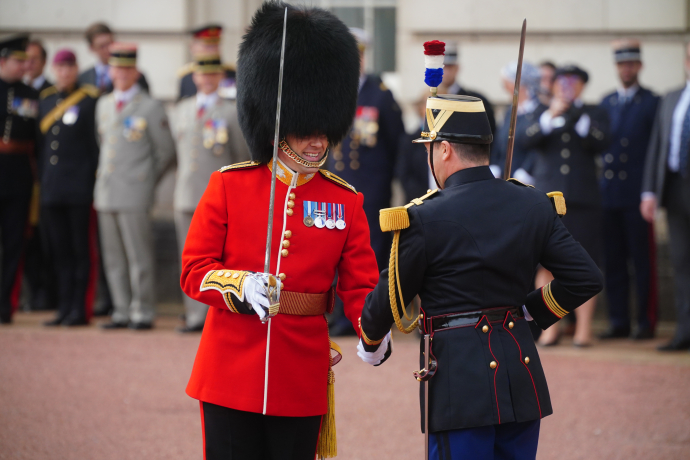
A message from The King on the 75th Anniversary on the Founding of N.A.T.O.
Message from The King for the 2024 Royal Maundy Service
It is my special prayer today that Our Lord’s example of serving one another might continue to inspire us and to strengthen all our communities.
Message from The King to mark the 70th anniversary of the end of the Korean War
It is our duty to remember what was once called “the Forgotten War”.
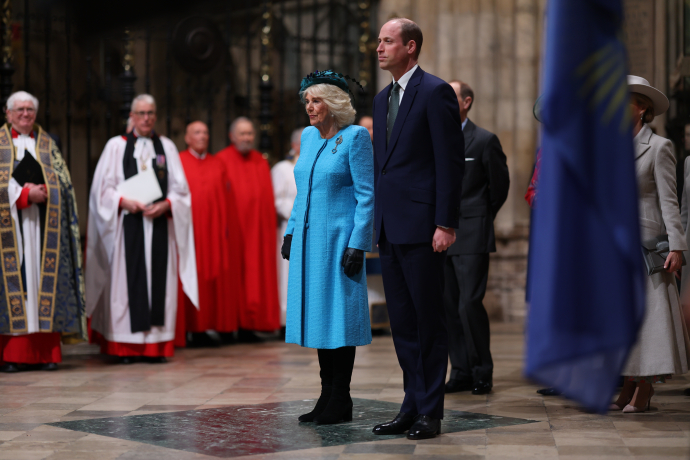
The King's Commonwealth Day Message 2024
The Commonwealth family is strongest when we are connected, through friendship.
A message of condolence from The King to the President of Tanzania following the passing of former Tanzanian President, Ali Hassan Mwinyi
My thoughts and prayers are with former President Mwinyi’s family and the Tanzanian people at this time.
Charities and Patronages
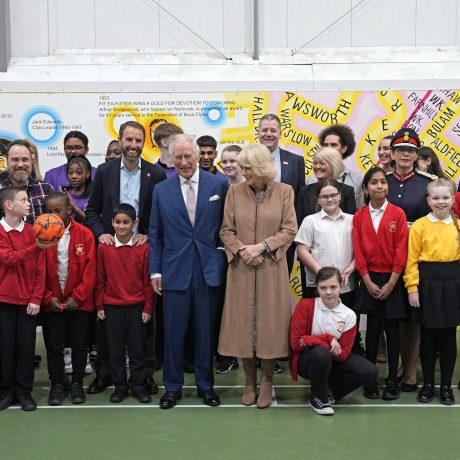
The King's message marking two years of conflict in Ukraine
My heart goes out to all those affected, as I remember them in my thoughts and prayers.
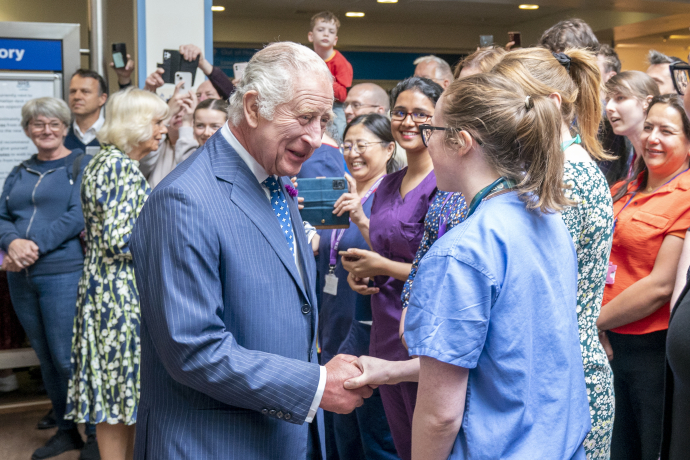
A message from His Majesty The King to Grenada marking their 50th year of Independence
On the occasion of the fiftieth Anniversary of the Independence of Grenada, it gives me great pleasure to send you all my congratulations and warmest good wishes.
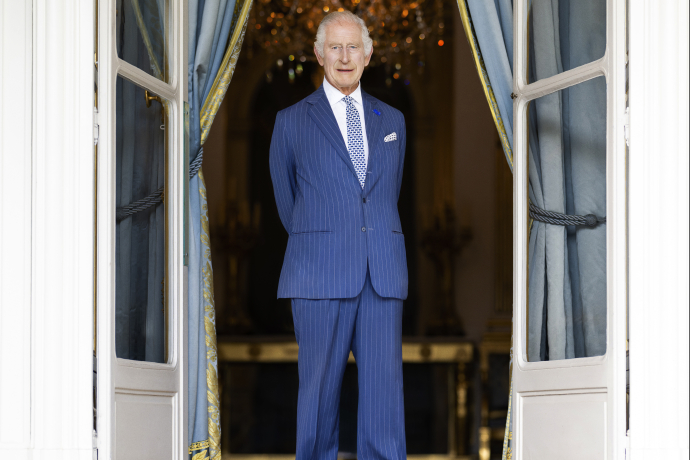
A message from His Majesty The King for the launch of Big Help Out 2024
I have long believed that one of the greatest strengths of our nation is our ability to come together and help each other through times of hardship. Throughout my life, I have...
A message from His Majesty The King to Their Majesties King Frederik X and Queen Mary of Denmark
I look forward to working with you on ensuring that the enduring bond between our countries, and our families, remains strong, and to working together with you on issues which...
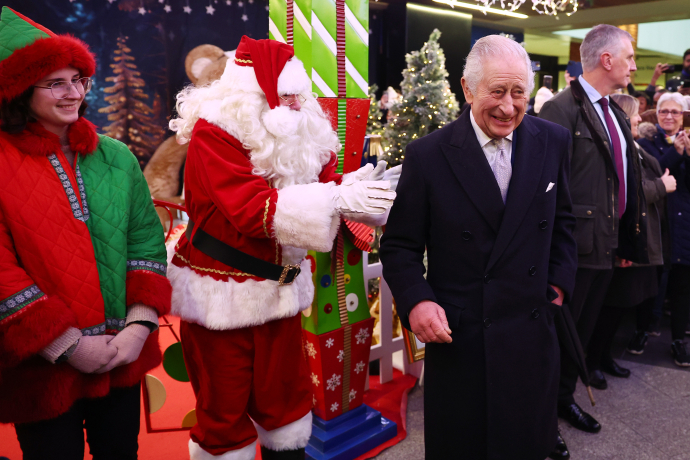
The King and Faith
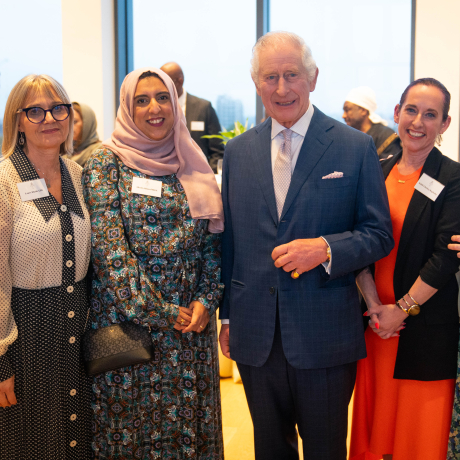
A speech by His Majesty The King at the opening of COP28, Dubai, U.A.E
Change will come by working together and making it easier to embrace decisions that will sustain our world, rather than carry on as though there are no limits – or as though...
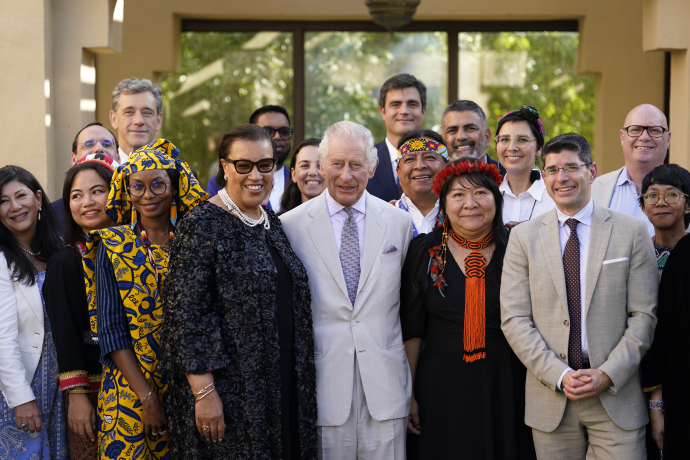
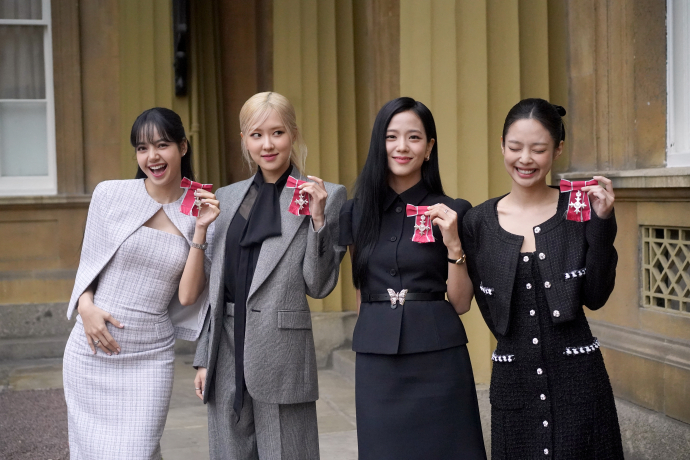
The King's speech at the State Banquet for the Republic of Korea
As our nations strive towards a harmony between progress and preservation, between the past and the present, we can look to the future with great confidence as our peoples...
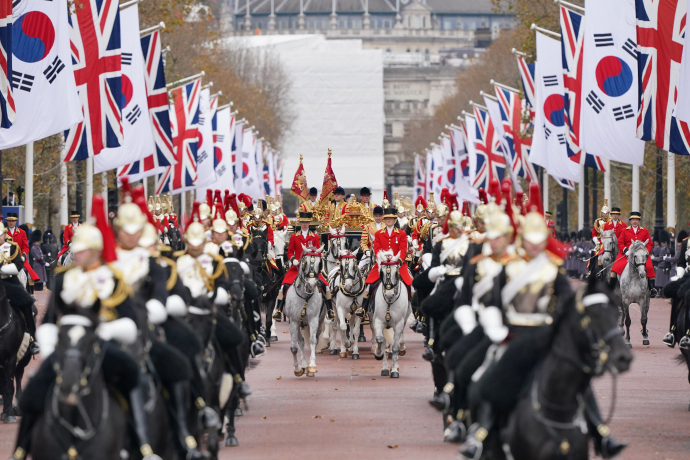
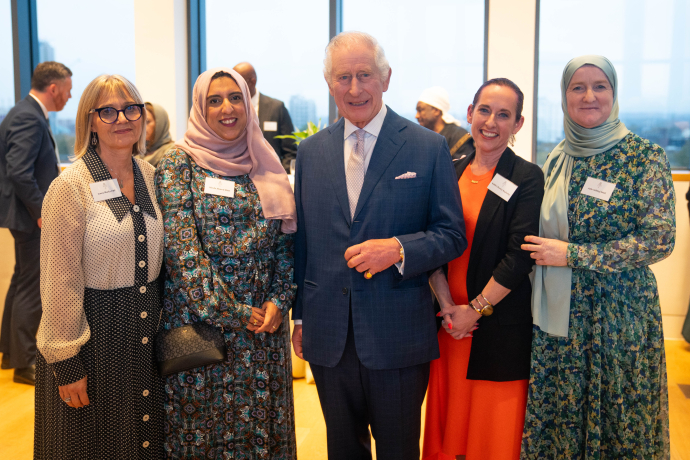
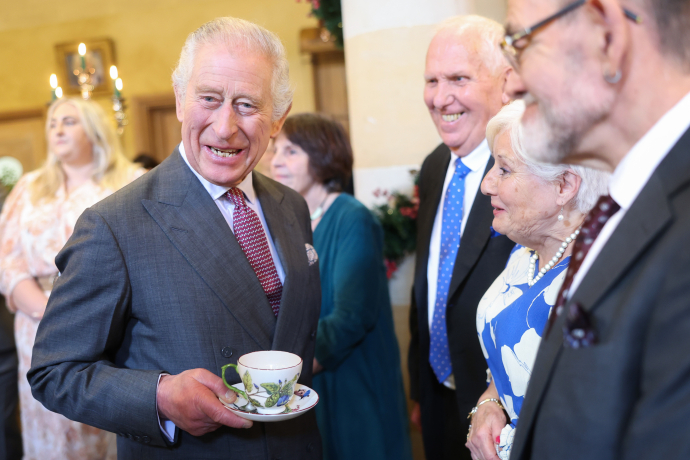
The Coronation Food Project
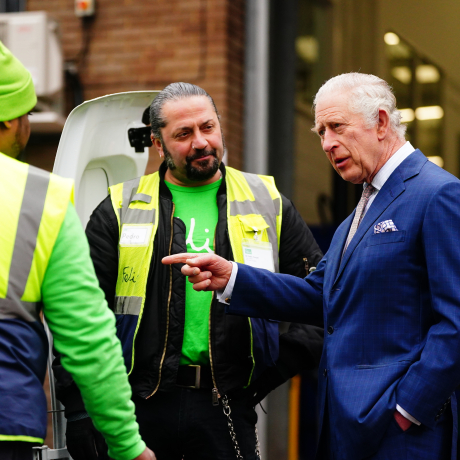
Charities founded by His Majesty The King as The Prince of Wales
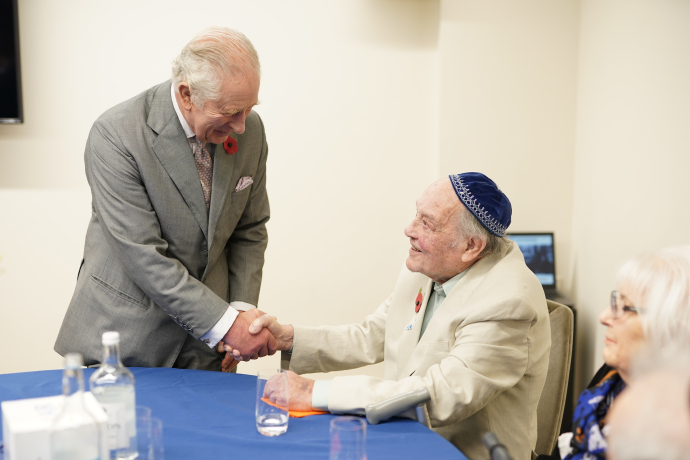
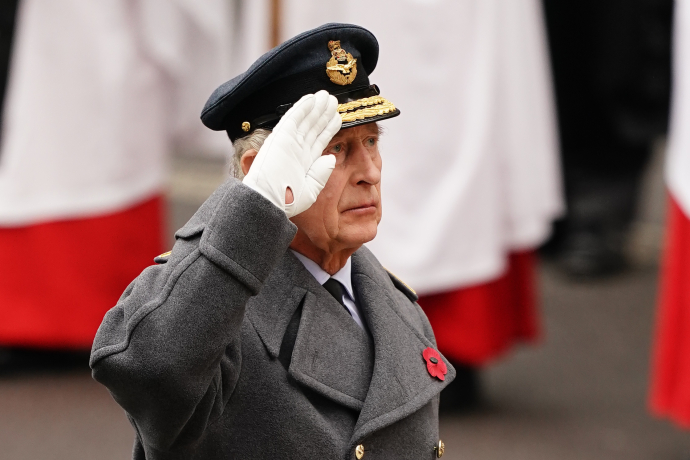
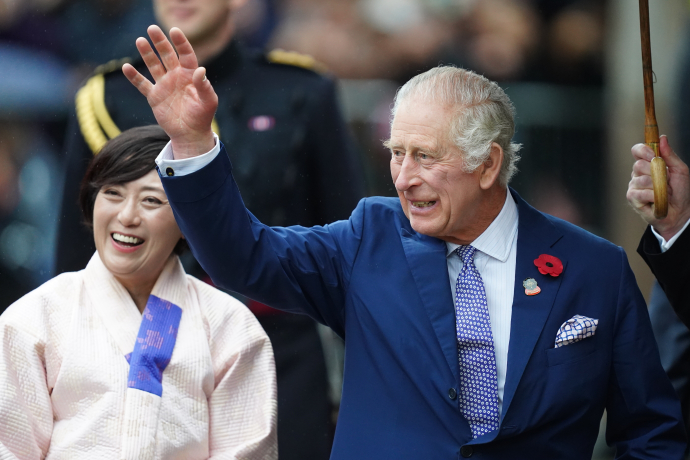
Further information about the State Visit of the President of the Republic of Korea
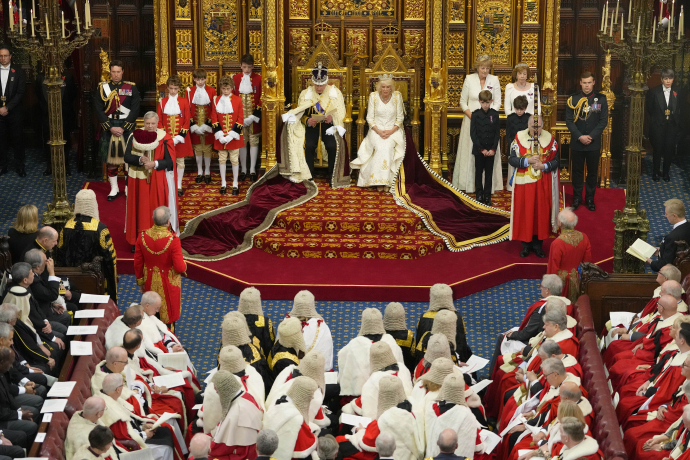
Remarks by His Majesty The King at the United Nations Office Nairobi, Kenya
As we look ahead to COP twenty-eight in another months time, we must remember what President Ruto said at the Africa Climate Summit – “we go far when we go together”.
A Speech by His Majesty The King at the State Banquet, Kenya
We both take considerable pride in renewing the ties between the United Kingdom and Kenya, a country that has long held such special meaning for my family.
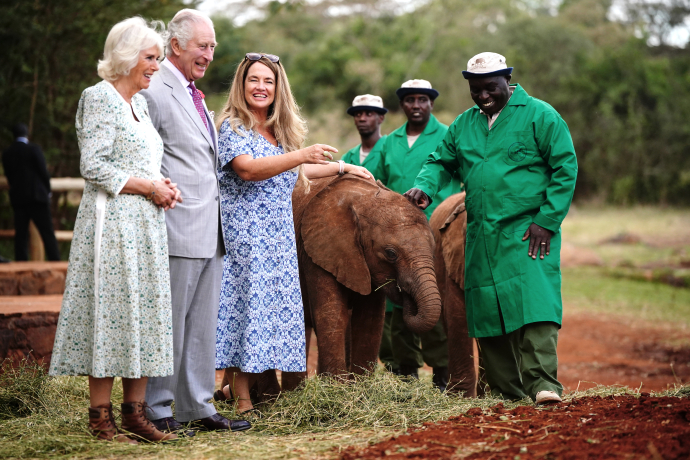
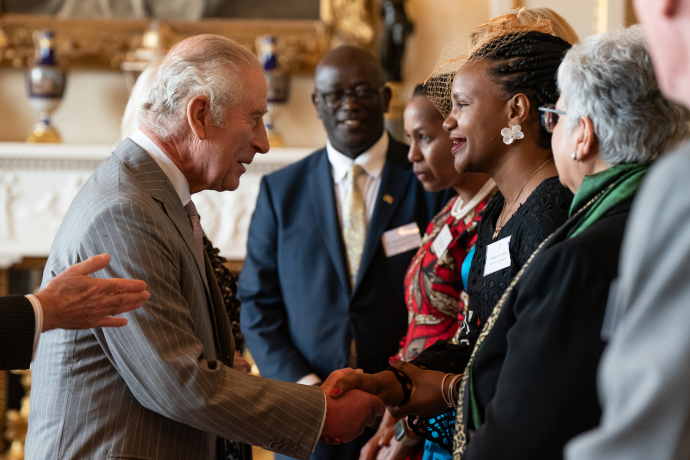
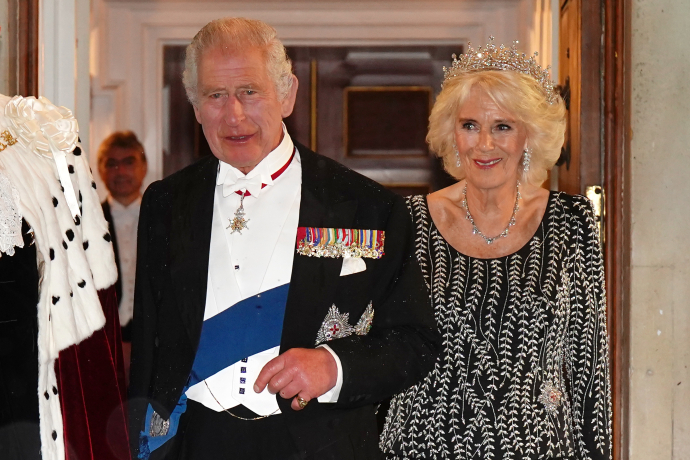
The King's speech at the French Senate
Today, in confronting the greatest challenges of our time, we continue the work of those who came before us. When General de Gaulle spoke to the French people from London in...
The King's speech during the State Banquet at Versailles
Mr. President, in all of this we can rely on our firm friendship, which is renewed and reinvigorated with each new generation.
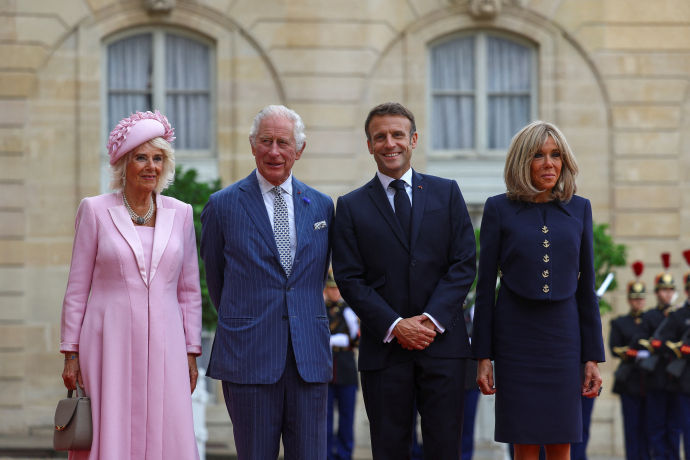
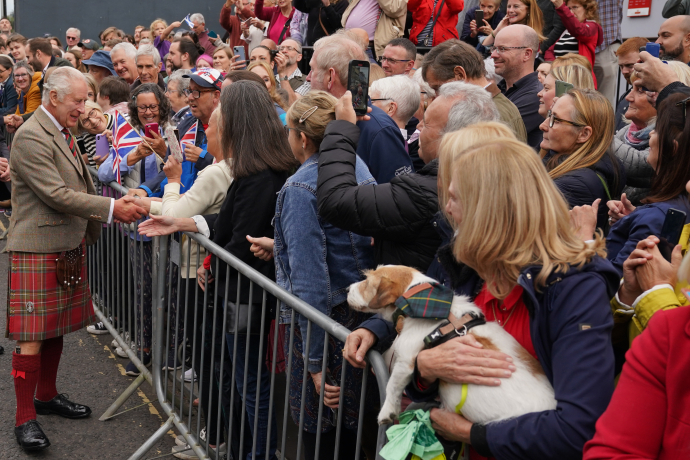
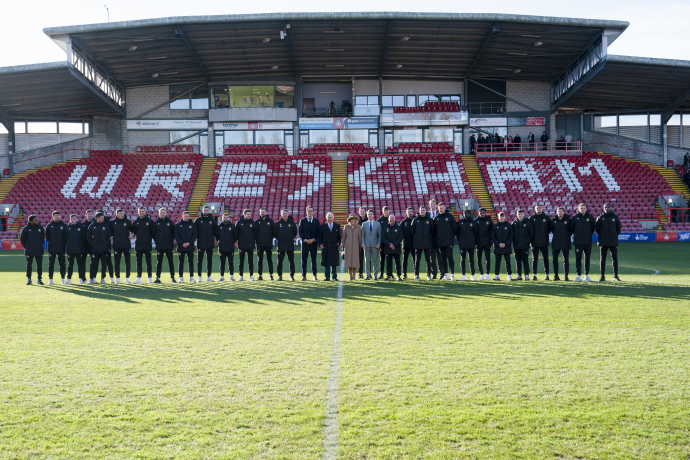
The King's message of condolence following the devastation caused by Storm Daniel.
I admire greatly all those who are engaged tirelessly in the rescue efforts in such dire conditions, and praise their selfless bravery.
A message from The King on the first anniversary of Queen Elizabeth II's Passing
07 September 2023